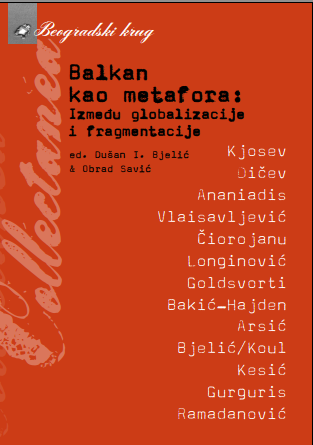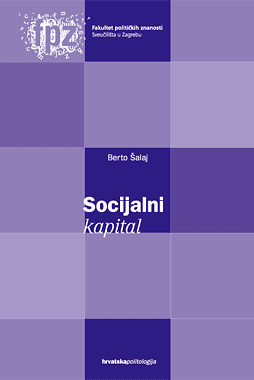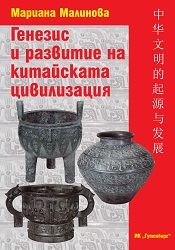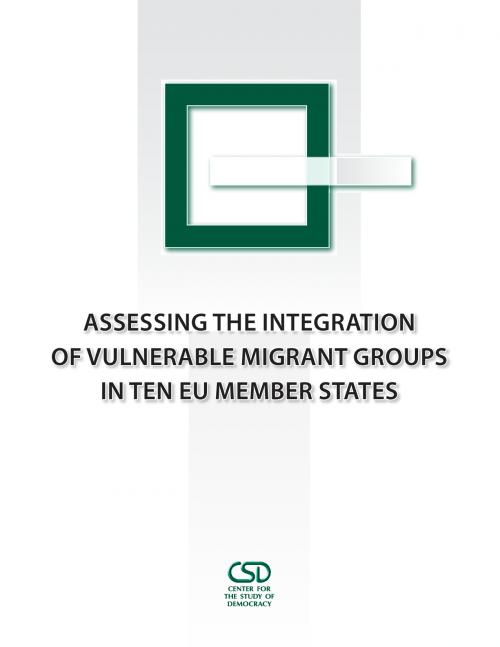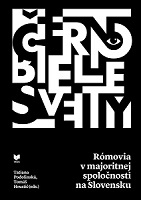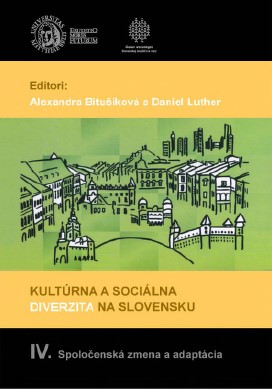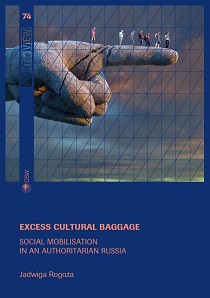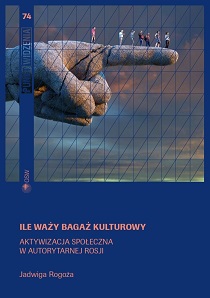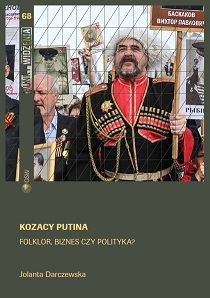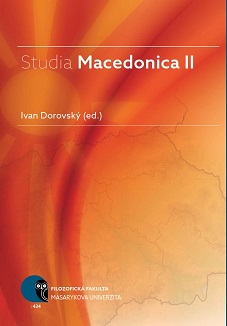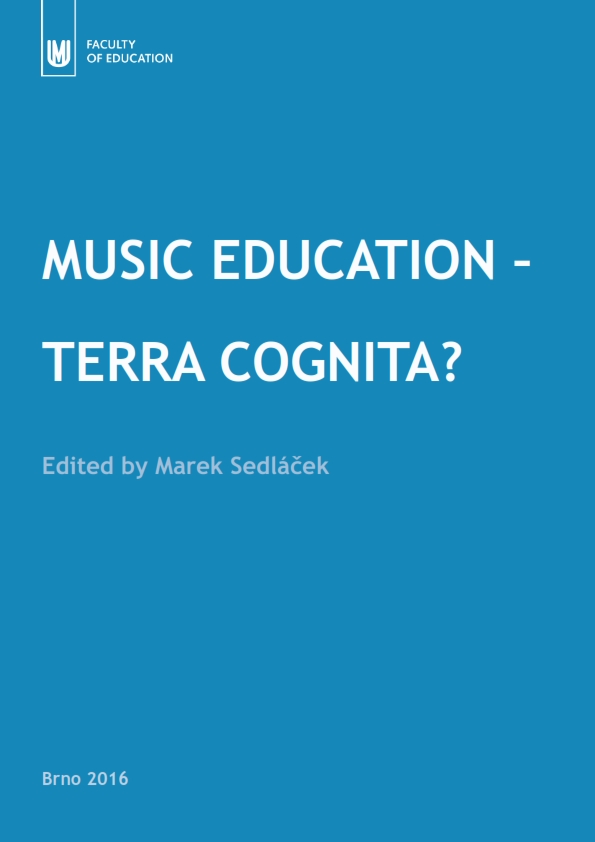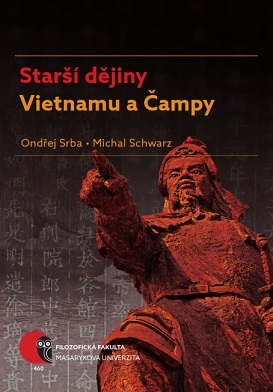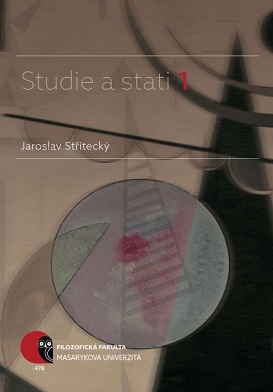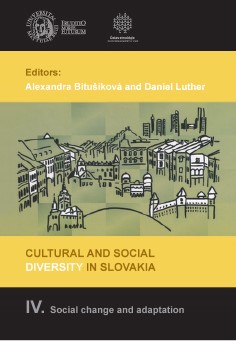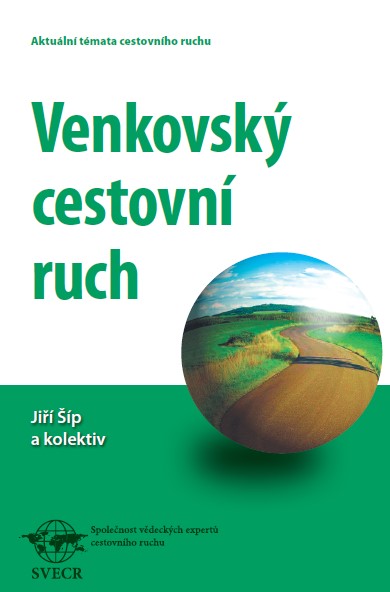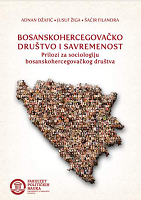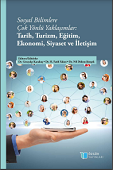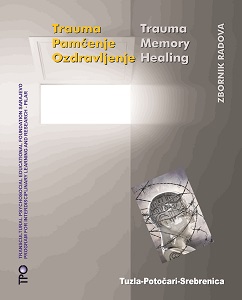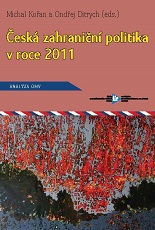Author(s): Abdel Alibegović,Ibrahim Bakić,Sarina Bakić,Adnan Džafić,Mirza Emirhafizović,Šaćir Filandra,Nezir Krčalo,Asim Mujkić,Jusuf Žiga / Language(s): Bosnian
Social reality appears ordered to the members of society only because they are actively involved in its design. This period of order and arrangement of social reality enables that reality to be understandable to its members. In order to survive, they must constitute a world of meaning and live within it. Without symbols there would be no human interaction and no human society. But the task of sociology is the "deconstruction" of symbols and their meanings and the construction of the world of meanings adopted by members of society on the way to building a community that strives for the "common good". So that new meanings do not become an "ideological network" for individuals and collectivities, the basis of sociological research should be focused on three levels of their analysis: epistemological-logical, structural-historical, anthropological-ontological. On this path, fundamental knowledge of social sciences and humanities is necessary. The choice of knowledge of scientific disciplines and their methods in deciphering the symbols of social reality will be conditioned by the need of the moment. According to Spasić (Spasić 2004), sociology faces the following disciplinary tasks in the modern world: to reject the man-nature dichotomy, since there is less and less certainty in both the natural and social sciences, the complex, temporal and unstable are increasingly emphasized; reject the state as a self-evident framework for theorizing and research and focus on the local, regional and transnational levels; to accept the tension between the universal and the particular; understand objectivity in a new way – the crisis of Western scientific objectivity cannot be resolved by adopting subjectivity, but by accepting pluralism, discussion and learning. Within sociology, three shifts are discussed: no institutional order is taken as a given anymore, but the process of their "construction" is followed through the actions of the actors involved; it is emphasized that social actors are not passive products of patterns and structures, but are autonomous participants in their formation; the importance of power and the aspect of symbolic construction of reality in shaping institutional orders. The "new" sociology follows these changes in social reality, on the other hand it reflects the changed theoretical environment. Within everyday behavior, one actually tries to find answers to the questions of how decisions are made, how routines are created and how rules are followed or broken. Valid rules – routines and regularities in behavior are studied in such a way as to show us how the circumstances in which we live and act are socially organized. Looking beyond the surface and the seemingly observable, to discover the meanings behind it. Why do we have rules for different situations, how are these rules formed and why do we follow them? (Scott 2009) The "turn" made by M. Heidegger with his concept of being beinghere (German: Dasein) seriously called into question one of the central concepts of classical philosophy, the concept of the subject: Heidegger denies the identity of the subject, i.e. the notion that it represents a set of permanent and unchanging properties that make it the same. Instead, being-heremeans a constant self-determination in a social context. The notion of a subject completely conditioned by the external world, which is otherwise at the basis of positivism, was seriously contested. This also highlights the considerable emptiness and lack of meaning of that "mathematical" picture of the world that positivism, following the example of the natural sciences, tries to create about society. What we could distinguish today as operative from the legacy of classical sociology are the following attitudes: soften the boundaries towards other related sciences, reject the man-nature dichotomy, and deal with the reality of social facts. Only sociology, whose epistemological basis is phenomenology, can speak about the laws of nature and society, about "social matter" and its negation, about man and his spiritual ascent, and psychological states and frustrations, weak and correct intuitions, etc. social facts" phenomenological reduction through which the essence (eidos) of things is known. Because, only through their own spiritual reflection can sociologists bring scientific knowledge into harmony or unity with the original human nature, which by itself strives for that goal, and said harmony would be reflected in knowledge that would be a testimony of a unique "picture of the world" in man and in the cosmos. In Hegel's language, the same mental basis pervades all Reality, both natural and social. The theoretical basis of the manuscript includes the main ideas of theories of action and modern historical sociology adapted to the historical and cultural peculiarities of Bosnian society. Briefly stated, Sztompka's explanation of social development and action through the concept of social change within modern historical sociology explains that historical transformations include not only actors, structures and actors, not only actions, operations and practices, not only environments of 181 nature and consciousness, but also connections between all these, the ways in which they combine to create social dynamics. Over time, the very principles of work, the way of functioning and changes in human society undergo significant transformations. Not only does action change in the course of its own practice, but social becoming changes its way in the course of history (Sztompka 2004). However, there is always a core of tradition, which is passed down from generation to generation, for long periods of time. As a result, the process is endowed with significant continuity and cumulativeness.
More...
